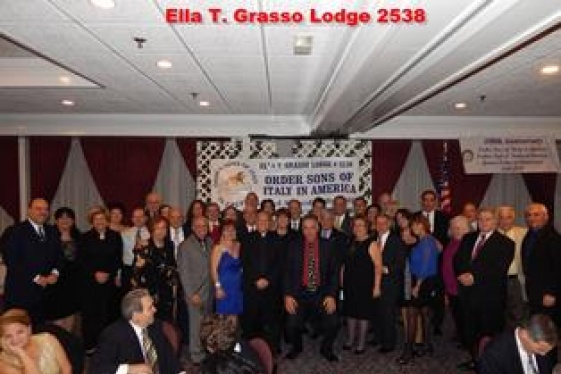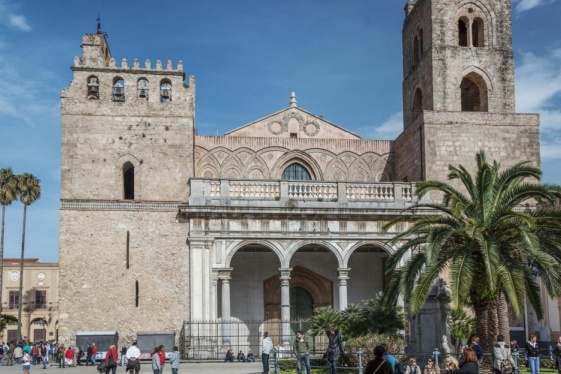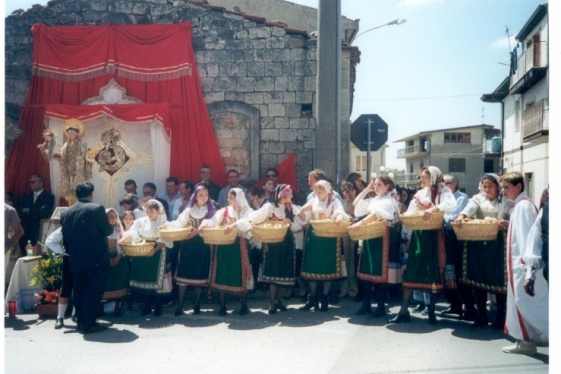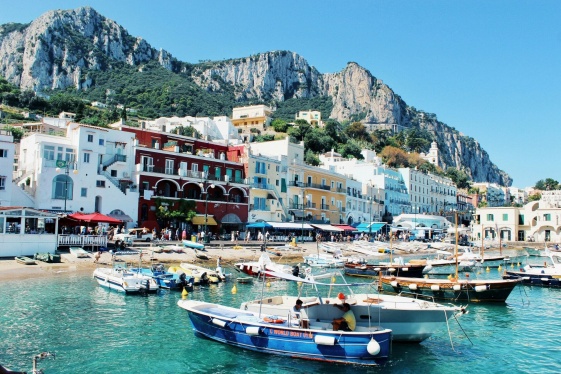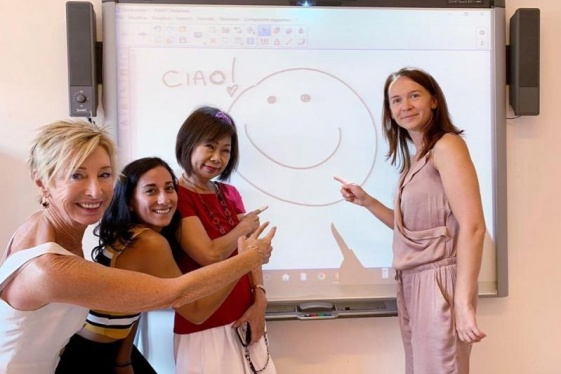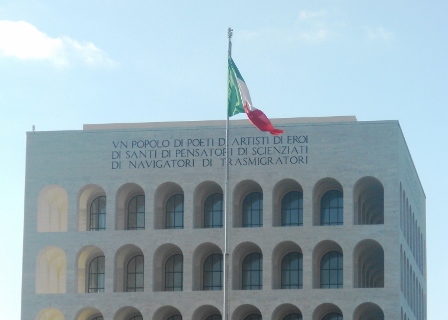

WTI Magazine #72 2015 November 13
Author : Elda Buonanno Foley Translation by:
On top of a very famous palace in Rome, there is a popular line "A people made of artists, poets, saints, philosophers, scientists and sailors". The line, thought to celebrate the "Italian Civilization," remarkably summarizes how often the Italians are seen, and this not necessarily in a positive sense. While this statement does emphasize our most relevant excellence in the arts, it is often misleading and misinterpreted. The myth of today wishes to address one stereotype in particular, "the land of poets" and how it is often perceived abroad and outside the literary Italian community.
My comments are also based on a recent conversation with one of my students who thought "William Shakespeare" was an Italian artist (and while I wish I was joking about this statement, unfortunately I am not!). While looking in awe at my student and providing him with the right "origin" of the famous writer, I decided to take another perspective and play a little game with my class.
I started by asking very general questions:
Do you know where the First School of Poetry was born?
I guess it is not an easy answer. The first School of Poetry (1230 A.D.) that produced the first poem in "vulgar" Sicilian occurred in Sicily under the vibrant and successful reign of Frederick II of Svevia. The Sicilian School was so productive that even Dante Alighieri mentioned it in his famous De vulgari eloquentia.
Do you know that one of the oldest public universities is in Naples?
The same Emperor founded in Naples (in 1224) the first University – Federico II- that is today, one of the most respected cultural centers in Italy and the oldest academic institution in continuous operation. This is a testimony of the extremely culturally vibrant environment existing in the South of Italy even at such an early time.
Are there any other poets that simplify the Italian Literature besides Dante, Petrarca and Boccaccio?
While these popular poets seem to resonate better than others for their contribution to the Italian language and culture and their role in the literary panorama, there are so many more to add, so many other literary voices, remarkable faces and testimonies of a deep understanding of the human nature that make the Italian Literature and Culture the exquisite example that it is. Artists such as Carlo Goldoni who, with his almost futuristic approach to theater, and his Commedia Dell'Arte paved the way of conceiving life on the stage and performing it in a totally new dimension and expression. Or what about Alessandro Manzoni, who with his The Betrothed (1840) offered an example of real life, of those issues (love- hate- betrayal- identity- diversity- acceptance- awareness- rejection) that are so modern and so deeply rooted in the human community. Or what about those Italian artists, poets, and playwrights who have won the highest honor for their works? What about the Nobel prize in Literature awarded to Giosué Carducci (Awarded in 1906), Grazia Deledda (Awarded in 1926), Luigi Pirandello (Awarded in 1934), Salvatore Quasimodo (Awarded in 1959), Eugenio Montale (Awarded in 1975), and Dario Fo (Awarded in 1997)?
What about their works that investigate all modern issues in their regional and local identities, in their perspectives on women, disenchanted notions of modern human beings, or in their magical use of words to escape the harshness of life? They are so modern and peculiar in their study of the inner layers of humanity and of human beings that we often forget how precious and fulfilling would be a journey in their pages.
Do you know that the "land of poets" include also contemporary voices?
Our quick excursion in the literary land, should not but stop at the contemporary literary voices, those artists that have contributing to reopen the gate of the mysterious life in words for the younger generations who are now too distracted to fully appreciate the beauties in life. Thus, we are thankful to authors such as Fabio Volo, Michele Murgia, Francesco Piccolo (who won loads of awards including the prestigious Strega in 2014 -) Silvia Avallone, Alessandro Piperno and Paolo Giordano (the list is longer than that), Roberto Saviano (how unforgettable is his Gomorra, detailed journey in the Neapolitan criminal organization), who by exploring the often dark sides of the Italian culture and society, and by transforming poetry into modern experiments, offer a vision, a dimension in poetry totally new and enhancing.
Thus, are we in a "land of poets", too embedded in our often-pedantic literary heritage? Absolutely, but being so deeply immerged in such visionary pages, we experiment life and its phases in the most enriching way possible. We are encouraged, inspired, galvanized to see and live with different eyes and we nurture ourselves with what is the most accomplished instrument ever: the poetry. Tra questa Immensità s'annega il pensier mio: E il naufragar m'è dolce in questo mare. (Giacomo Leopardi- L'Infinito). In sum, enjoy reading the poetry of words!
You may be interested
-
Davide Gambino è il miglior "Young Italian F...
Si intitola Pietra Pesante, ed è il miglior giovane documentario italiano, a detta della N...
-
Italian American Culture Night
Tuesday, April 14 - 6.30 pm EDTSt. James Church Rocky Hill - 767 Elm St, Rocky Hill,...
-
'A beacon of hope': Sicily’s enduring North A...
On a late summer evening in the Sicilian seaside village of San Vito Lo Capo, Anna Grazian...
-
'A Ziarella va in America: tournèe in Arizona...
‘A Ziarella va in America. Non è un titolo da film, ma una piacevole realtà. Il...
-
'Dante's Inferno' TV Series in the Works at F...
The contemporary reimagining of the 14th century poem is among the first projects being de...
-
'I'm an Italian travel expert - this spot by...
Italy is renowned for its natural beauty but it's also well-known for its heaving tourist...
-
'Iitalian american songbook', il progetto del...
"ITALIAN AMERICAN SONGBOOK", questo il titolo del progetto che ultimamente il pianista d'o...
-
'Italy Stay Strong': What The Coronavirus Eme...
On the northern coast of Sicily, looking out toward the magnificent Aeolian Islands, Milaz...




